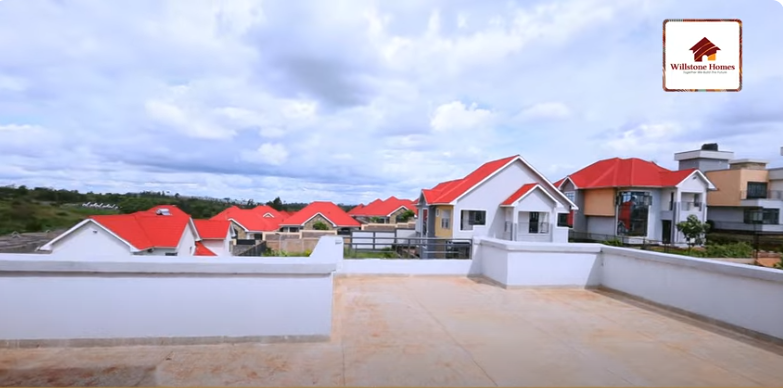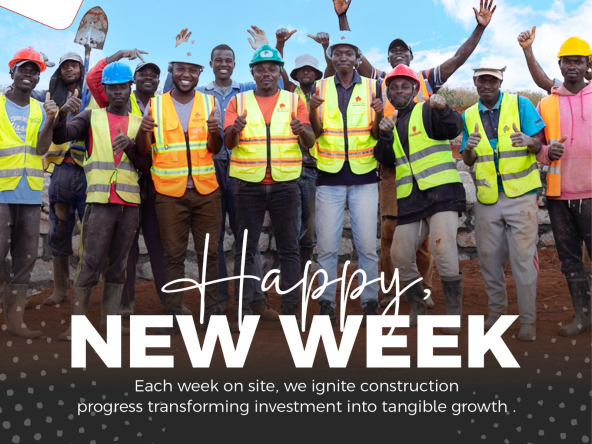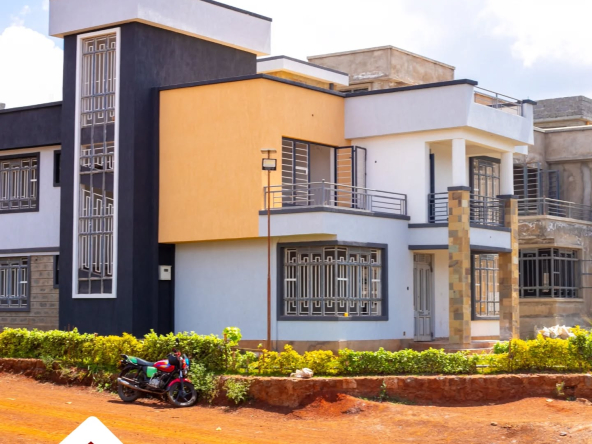Buying property is rarely just about the list price. In Nairobi, negotiation is part of the process — but how much room there really is depends on the seller, the market, and the type of property. Some buyers walk away with millions saved, while others overpay because they didn’t understand the local dynamics.
Here’s what actually works when negotiating property prices in Nairobi, and what doesn’t.
Why Negotiation Matters in Nairobi Real Estate
Unlike fixed-price markets abroad, Nairobi real estate often allows space for bargaining — especially in residential purchases.
- Apartments in oversupplied areas (like Kilimani and Kileleshwa) tend to have more room for negotiation.
- High-demand suburbs (like Karen or Runda) have less wiggle room because demand outstrips supply.
- Off-plan projects may offer concessions (like covering stamp duty or service charges) instead of lowering the headline price.
Read Also: Stamp Duty in Nairobi Real Estate: How Much It Costs and Who Really Pays
What Really Works When Negotiating in Nairobi
1. Do Your Homework on Comparable Sales
Before making an offer, research recent sales in the same area.
- Example: If 2-bedroom apartments in Westlands are trading at KES 12–13M, you’re justified in pushing back against a KES 15M listing.
2. Use Concessions Instead of Price Cuts
Sellers may resist reducing the asking price but may agree to cover:
- Stamp duty (4% in Nairobi)
- Legal fees
- First year’s service charge
This keeps their “headline price” intact while saving you upfront cash.
3. Leverage Cultural Nuance
In Nairobi, it’s expected that buyers ask: “What’s your best price?”
- For land deals in peri-urban areas (Kitengela, Syokimau, Ruai), bargaining is standard.
- For luxury estates, negotiations are more subtle — focus on concessions, not deep discounts.
4. Time Your Offer Strategically
Developers at the end of a financial quarter or sellers under pressure may accept lower offers. Patience can save you more than pushing aggressively.
5. Be Ready to Walk Away
The strongest bargaining tool is showing you have alternatives. Sellers take serious buyers with options more seriously.
Read Also: Property Taxes in Nairobi: Annual Land Rates and What They Mean for Buyers
What Doesn’t Work When Negotiating in Nairobi
- Lowball Offers: Dropping KES 5M below market on a townhouse in Lavington rarely works — it signals unseriousness.
- Ignoring Market Data: Saying “my budget is X” won’t move a seller unless you can back it up with recent comparable sales.
- Relying on Verbal Promises: Always capture concessions in the sale agreement.
Negotiation Scripts That Work in Nairobi
- For Apartments (Oversupply Areas):
“I notice comparable units here are going for KES 13M. If we agree at KES 12.5M, I can move quickly.” - For Townhouses (Mid-market):
“I like this property at KES 20M, but with stamp duty and legal fees I’m stretched. Would you cover the stamp duty so I can close?” - For Land (Cultural Bargain Expected):
“You’re asking KES 5M. I can offer KES 4.3M, and I’m ready to pay immediately if we agree today.”
How Stamp Duty Affects Negotiation
Many buyers forget the extra 4% Nairobi stamp duty when budgeting. Smart negotiators use it as leverage:
- Instead of asking the seller to drop the price by KES 2M, ask them to cover the KES 600,000–800,000 stamp duty.
- Sellers maintain their price, buyers save cash — a win-win.
Negotiating property prices in Nairobi is both an art and a science.
- Data and comparables give you credibility.
- Concessions like stamp duty and legal fees are often easier to secure than deep discounts.
- Cultural awareness matters: bargain harder for land, tread carefully in luxury estates.
👉 Smart buyers know: negotiation isn’t just about shaving off millions — it’s about structuring the deal so the total cost works in your favor.
Read Also: Seller Concessions in Nairobi: Closing Credits, Rate Buydowns & How They Work





